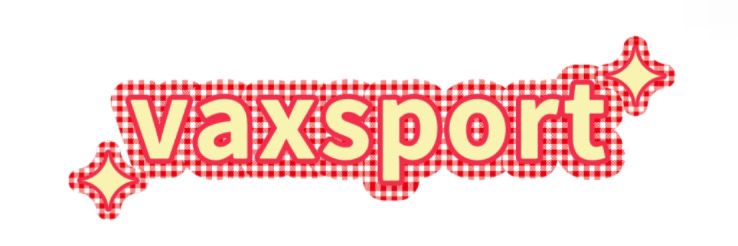7 Essential Facts About Toyota Ball Joints You Need to Know
Nov. 25, 2025
When it comes to your Toyota's suspension system, ball joints play a crucial role in ensuring a smooth and safe ride. Understanding the intricacies of Toyota ball joints can enhance your vehicle maintenance knowledge. Below are seven essential facts about Toyota ball joints that every car owner should know, presented in a structured format for easy comprehension.
If you are looking for more details, kindly visit toyota ball joints.
1. What Are Ball Joints?
Ball joints are pivotal components that connect the steering knuckles to the control arms in your vehicle. They allow for smooth articulation and play a critical role in the overall suspension system, enabling the wheels to move up and down while keeping them aligned. Influencer mechanics like DieselCraze have emphasized the importance of maintaining proper ball joint function for your car's safety and performance.
2. Types of Ball Joints
There are two primary types of ball joints: press-fit and bolt-on. Understanding the differences can help in making informed maintenance decisions.
| Type | Features | Cost |
|---|---|---|
| Press-fit | Installed by pressing into the control arm; more common in older models. | Generally less expensive but requires specialized tools for installation. |
| Bolt-on | Attached using bolts; easier to replace, especially in newer models. | Usually pricier, but labor costs are lower due to ease of replacement. |
3. Signs of Wear and Tear
It's critical to identify when the ball joints are wearing out. Signs include:
- Unusual tire wear: Uneven wear patterns can indicate failing ball joints.
- Noisy steering: Clunking or popping noises during turns might suggest issues.
- Steering drift: Difficulty in maintaining a straight line could point to worn ball joints.
As car enthusiast Jaylen Not Jake suggests, regular checks can prevent these issues from escalating.
4. Replacement Considerations
When considering replacement, it’s important to choose OEM (Original Equipment Manufacturer) parts for the best fit and durability. Influencing experts like Wrenchers advise that quality parts can significantly extend the lifespan of your suspension components. Here are some factors to consider:
- Warranty coverage
- Material quality
- Brand reputation
5. Cost of Replacement
On average, the cost to replace Toyota ball joints ranges between $200 to $400, depending on whether you use OEM or aftermarket parts. Labor costs can vary, so it’s wise to get multiple quotes from reputable mechanics. According to r/MechanicAdvice on Reddit, DIY enthusiasts can cut costs significantly by attempting the replacement themselves.
6. Impact on Vehicle Performance
Worn ball joints can severely impact vehicle handling, stability, and even braking. According to insights shared by Car and Driver, if neglected, faulty ball joints can lead to alignment issues and affect tire performance, resulting in greater maintenance costs down the road.
7. Maintenance Tips
To prolong the lifespan of your Toyota ball joints, consider these maintenance tips:
- Regular inspections: Have your ball joints inspected during routine service intervals.
- Keep an eye on steering: Pay attention to any changes in handling and responsiveness.
- Use high-quality lubricants: Ensure ball joint grease is replenished as needed.
As AutoTrader points out, proactive maintenance is often more cost-effective than replacements.
In summary, understanding these seven essential facts about Toyota ball joints is key to maintaining your vehicle’s safety and performance. Stay informed and proactive to enjoy a smooth ride for years to come.
For more information, please visit Tie Rod for Ford .
205
0
0


Comments
All Comments (0)